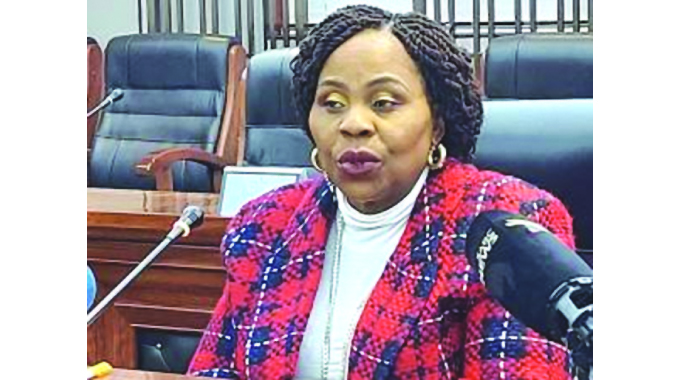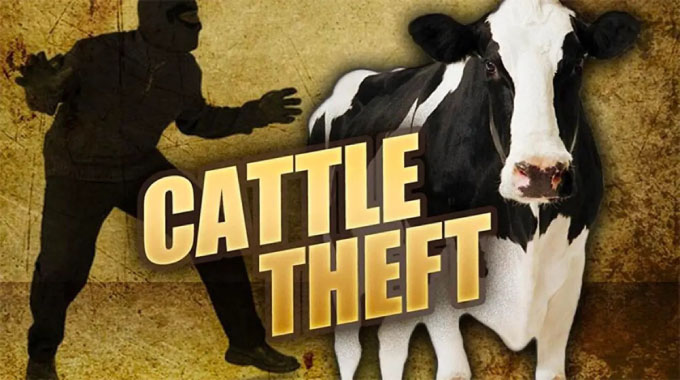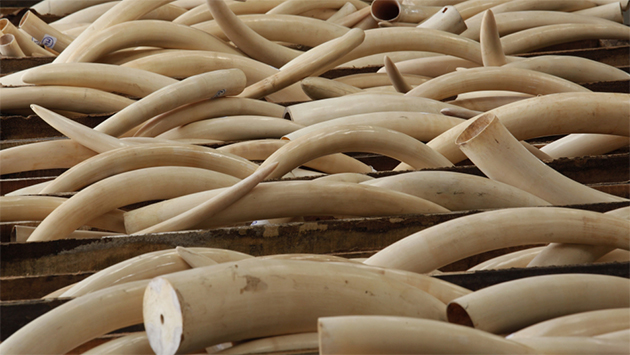Government works to improve information access, combat fake news

Lungelo Ndhlovu
Fake news and misinformation are never something that can breed positivity about anything.
While fake news is defined as incorrect or misleading information that is presented as news, misinformation is defined as erroneous information, regardless of whether it is meant to mislead or deceive people.
“The unintended or intended consequences would be to polarise society, endanger community cohesion, public security, public health, and cause unrest or riots,” said Minister of Information, Publicity, and Broadcasting Services Monica Mutsvangwa.
“Against this backdrop, the impact of fake news and misinformation in rural and urban areas would be enormous, if not immeasurable.”

People who spread falsehoods typically do so through social media platforms such as WhatsApp, Twitter, Facebook, and Instagram, owing to their unregulated nature, where anyone can post anything. Dealing with the scourge of fake news and misinformation has been a challenge for the Government.
“You’ll recall that during the early days of the Covid-19 outbreak, there was a lot of fake news and misinformation that was communicated via social media to an extent the citizenry ended up not knowing what to listen to,” the minister acknowledged.
She stated that the result of this was that some lives that might have been saved were lost because of the inconsistent reports appearing on social media and in different news outlets.
“We’ve always called upon our media to desist from peddling fake news and misinformation as there are no dividends that can be derived from such other than tearing society apart,” she said.
According to Minister Mutsvangwa, the Government sought to license language-based community radio stations across the nation to improve everyone’s access to information and use these outlets to combat fake news in underserved communities. To that end, the Government has granted 14 community radio licences and seven college radio licences.
“The Second Republic, led by His Excellency, President ED Mnangagwa, has demonstrated genuine commitment to enhancing access to information by not only granting licences to community radio stations and private commercial TV stations, but also by appointing Provincial Information Officers and District Information Officers in each of the 65 districts and all the country’s provinces,” she said.
Their responsibilities include, among others, bridging the communication gap between rural and urban areas and halting the dissemination of false information.
The digital terrestrial transmission (DTT) program, a digitisation initiative that uses terrestrial towers to broadcast the signal much like mobile network operator base stations, is still being implemented by the Government, according to the minister.
In contrast to users of smart television sets with built-in satellite receivers, who just need an antenna to access the signals, these signals can be picked up by specific antennas and set top boxes, a device that enables an ordinary television user to access DTT transmissions.
“Since the inception of the Second Republic, the digitalisation project in Zimbabwe is now gathering momentum and to date, 18 television transmitters countrywide have been installed,” she said.
Priority is given to geographic areas that have historically had poor or no access to television services. This is consistent with the motto of the Second Republic of leaving no one and no place behind.
“As the Second Republic, we want to make sure that everybody shares in the development and prosperity of our wonderful country. A case in point is of the transmitter constructed at Nkalange in Binga which is now complete and is transmitting signal that will be picked by set top boxes. My ministry handed those over to the Binga community on 26 August. We’re doing this as part of the concerted efforts to fight misinformation in the communities,” the minister explained.
She mentioned that the set top boxes already include channels like ZBC TV, ZBC NEWS, Yadah TV, Jive TV, and Christ TV that can be scanned. According to Minister Mutsvangwa, the Government’s goal is to make sure that communities receive the accurate story.
“The Government is aware of the effects that false information and fake news have on communities. To date my ministry, working with the Broadcasting Authority of Zimbabwe (BAZ) launched the following community radio stations: Avuxeni FM of Chiredzi, Nyangani FM of Nyanga and Chimanimani FM while another community radio station, Ntepe Manama of Gwanda has been recently launched. The above demonstrate the Second Republic’s appreciation of the impact of fake news and misinformation and the importance of fighting the scourge,” she added.

Disinformation (also known as fake news) is a serious problem that affects modern populations in an age where information can be spread instantly from one part of the world to another, according to media experts.
Media practitioners in the country have also acknowledged that the media space, both online and traditional, is increasingly divided along political party lines, creating a toxic environment rife with misinformation, online violence, and false information, according to Dr Methuseli Moyo, a journalism lecturer at the National University of Science and Technology (NUST).
He also mentioned how toxic the environment is when it comes to navigating online violence and fake news on social media platforms such as Twitter and Facebook.
“People spend the entire day online fighting each other, and in the meantime, they take screenshots and start sending them to other social media sites,” he said.
“At the moment, social media platforms are connecting to themselves. Even if you’re not a Twitter user, you’ll learn about what’s happening on another platform, for example Facebook and WhatsApp,” he said.
Dr Moyo stated that this had a serious impact on the people and urged journalists in both the public and private sectors to write accurate, balanced, and objective stories to combat fake news and misinformation in Zimbabwe.
“Journalists must give the voiceless a voice. Journalists tend to report on those in power, those who have their own voices,” he said.












Comments